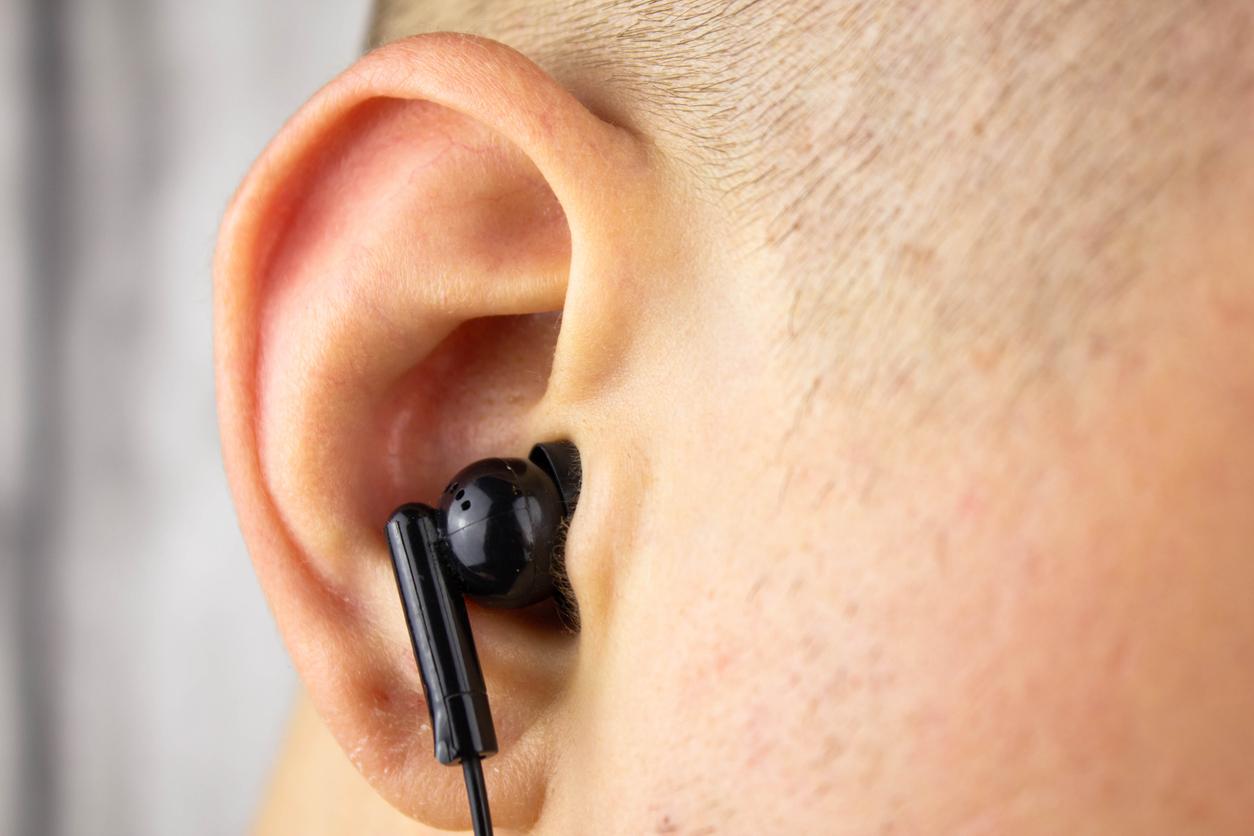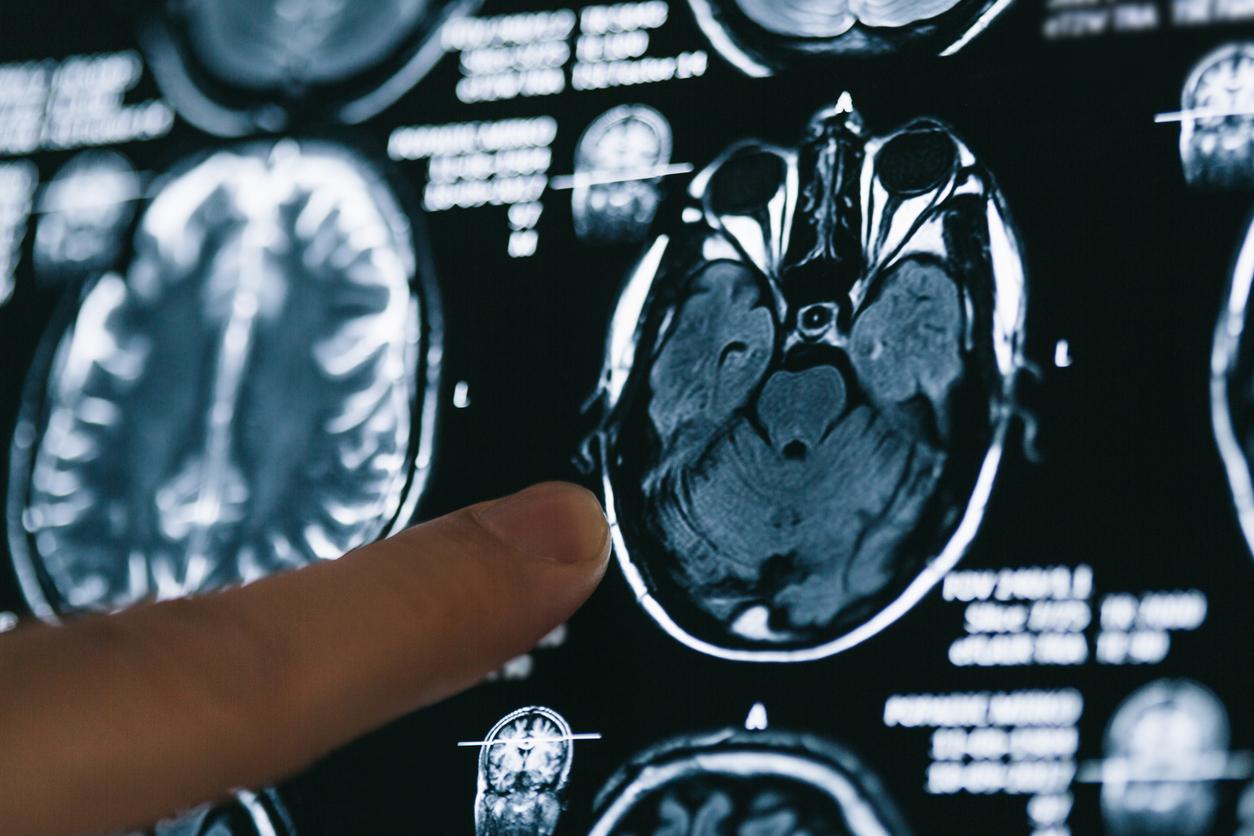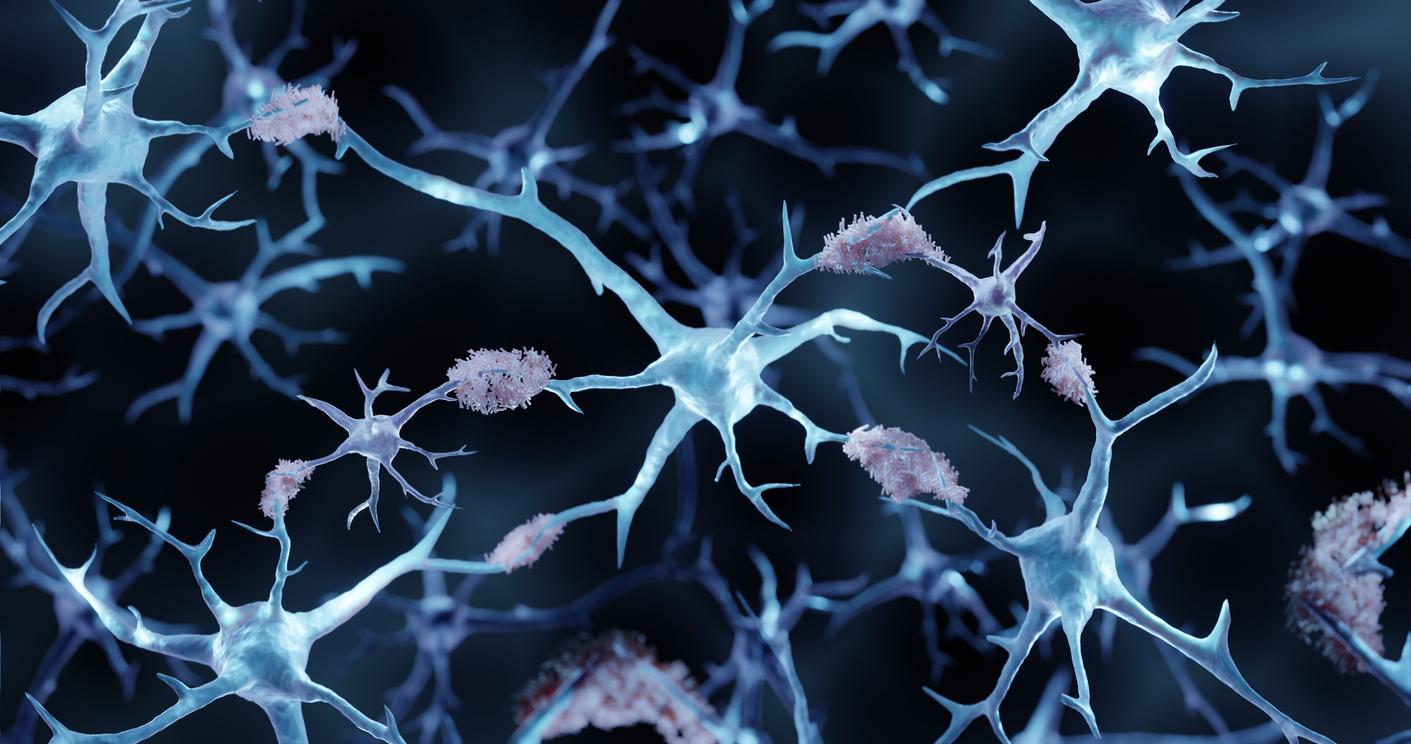Listening to music or singing could help Alzheimer’s patients, Mayo Clinic researchers say.

- “Musical memories are often preserved in Alzheimer’s disease because key areas of the brain linked to musical memory are relatively undamaged by the disease,” according to the Mayo Clinic.
- Listening to or singing songs may provide “emotional and behavioral benefits for people with Alzheimer’s and other types of dementia.”
- Music can also help caregivers by reducing their own anxiety, “lightening their mood,” as well as providing “a way to connect” with their loved ones.
Affecting more than 35 million people worldwide, Alzheimer’s disease is a specific type of dementia that involves mental deterioration due to brain degeneration: neurons gradually die. This manifests itself through a series of symptoms affecting memory, cognition, social skills, to the point of no longer being able to interact with everyday life.
There is no cure to date, but some treatments limit the impact of the symptoms. In addition, there are ways to make everyday life easier for Alzheimer’s patients, starting with music, explains the Mayo Clinic, a famous American university and hospital center, in a article published on his website.
Musical memories are preserved in Alzheimer’s disease
“Memory loss is the key symptom of Alzheimer’s disease, recall the researchers. An early sign of the disease is difficulty remembering recent events or conversations. As the condition progresses, memory impairment persists and worsens, affecting the ability to function at work or at home.”
This is where music can be of essential interest: “Musical memories are often preserved in Alzheimer’s disease because key areas of the brain linked to musical memory are relatively undamaged by the disease.” Scientific research thus suggests that listening to or singing songs can bring “emotional and behavioral benefits for people with Alzheimer’s and other types of dementia.”
For caregivers, too, music can be a valuable help. On the one hand, by reducing their own anxiety, “by lightening their mood”, but also by offering them “a way to get in touch” with their sick loved ones, “especially those who have difficulty communicating.”
How to use music to relieve Alzheimer’s patients?
Mayo Clinic experts offer six tips for caregivers to use music as a “therapy”.
– Think about your loved one’s preferences. “What kind of music does he like? What music brings back happy memories in his life? Get your family and friends involved by asking them to suggest songs or create playlists.”
– Set the mood. “To calm your loved one during mealtime, play music or sing a calming song. When you want to improve their mood, choose more upbeat or faster music.”
– Avoid overstimulation. “When playing music, eliminate competing noises. Turn off the television. Close the door. Adjust the volume according to your loved one’s hearing ability. Choose music that is not interrupted by commercials, which can cause confusion.”
– Encourage movement. “Help your loved one clap or tap their feet to the music, or even dance.”
– Sing with your loved one. “It can boost mood and improve your relationship. Some studies also suggest that singing can help stimulate unique memories.”
– Pay attention to your loved one’s reactions. “If he seems to like particular songs, play them often. If he reacts negatively to a particular song or type of music, choose something else.”


















